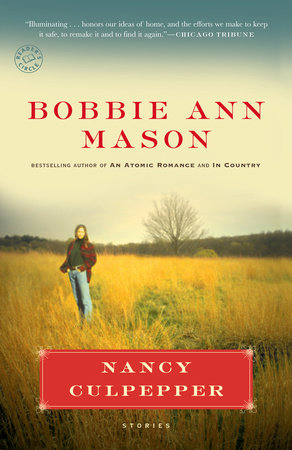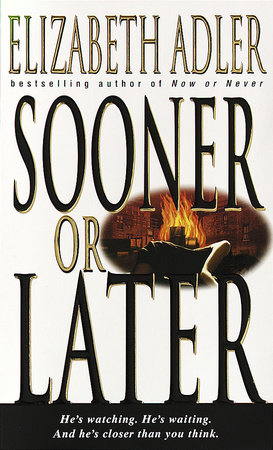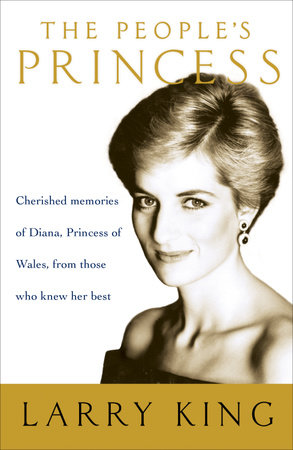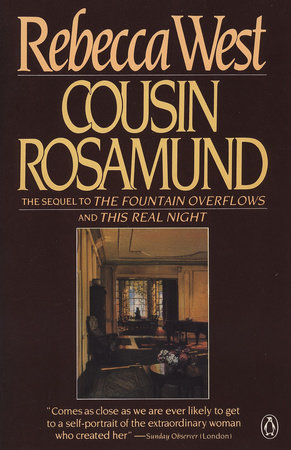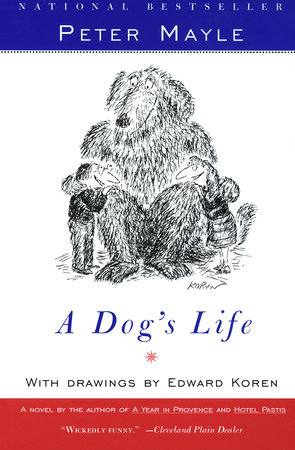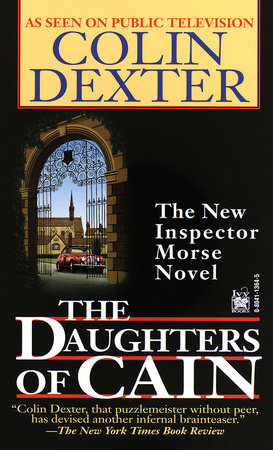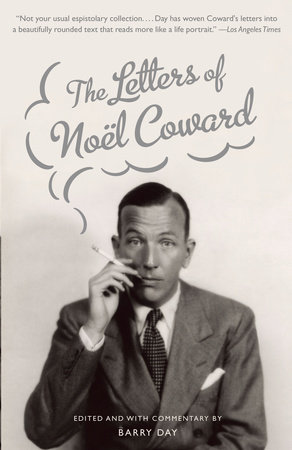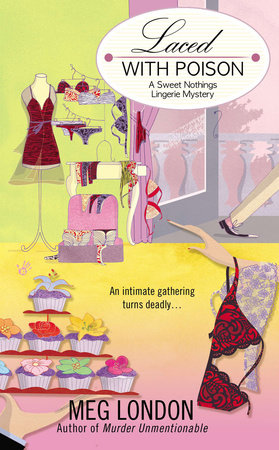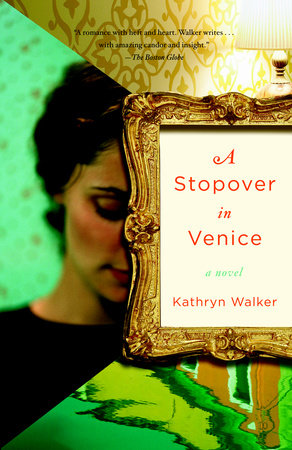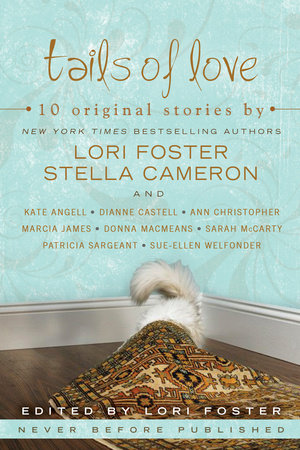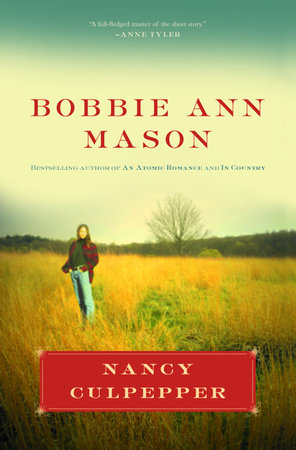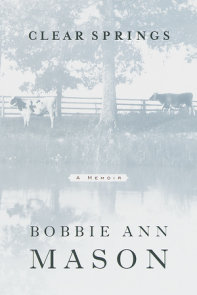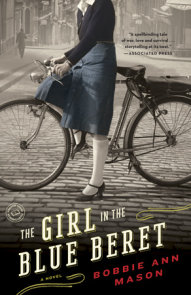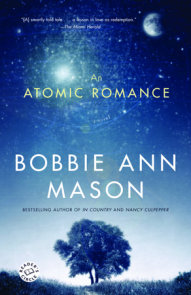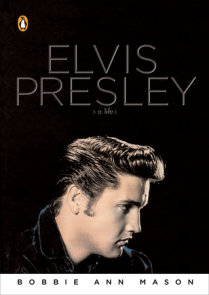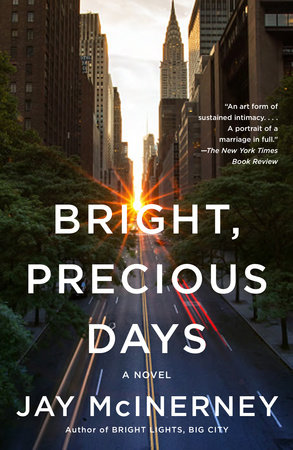Author Q&A
A Conversation with Bobbie Ann Mason
Readers Circle: Nancy Culpepper, the title character of your story collection, moves around quite a bit — from Kentucky to the Northeast, then to London, trying to find her place in the world. In your own life, have you found that favored place, where you feel most like yourself?
Bobbie Ann Mason: Like Nancy, I’m drawn to England, especially the Lake District. I feel most myself when I am alone — which is the best way to embark on the creative-writing adventure.
RC: Do you see shades of yourself in Nancy Culpepper?
BAM: Nancy is more like me than any character I’ve ever created, but I see her at a certain distance from me, situated in a marriage that I can explore perhaps more freely than she can because I’m not married to Jack. It is her sensibility that I feel closest to.
RC: How is the art of crafting a short story different from writing a long novel? Do you prefer one writing experience to the other?
BAM: A short story demands a focus, intensity and economy that novels can’t usually sustain, although I generally go about writing a novel in much the same way–with the attentiveness to detail and endless rewriting. I usually prefer writing stories, because a novel is such a long struggle, but the ultimate gratifications of completing a novel are deeper.
RC: And what about writing non-fiction? How does your voice change as a writer, in each form?
BAM: Writing non-fiction is much more difficult for me, demanding as it does a logical mind and a fidelity to fact. I usually approach it as I do fiction, in terms of an organic organization (an intricately involved design), rather than a straightforward journalistic path. It’s quite challenging to juggle the textures and motifs and all the subtle devices one utilizes in fiction.
RC: How do you set out to write a short story? Where does your creative process begin, and how does a story evolve?
BAM: A story often starts with something very small — an image or phrase or a tone I hear in my head. It evolves by happenstance and exploration and willingness to go into new territory. If bricklaying were the analogy, there would be no pile of bricks there and no blueprint. I wouldn’t even be trying to make a wall, but I’d hope for something surprising to fall into place. Ultimately, I’d have to do a lot of rearranging and troweling to make it work. Ideally, it would turn out to be a crystal palace and not a brick wall.
RC: Like Nancy, are you a fan of Mick Jagger? What are your other creative influences?
BAM: The Rolling Stones have certainly been on the soundtrack of my life, but Mick Jagger isn’t especially significant to me. It was the Beatles whose inventiveness grabbed me. My early musical resources include rhythm-and-blues, the big bands, and jazz. The other “creative influences” are probably Louisa May Alcott first and then the literary voices I first encountered in college — Salinger, Hemingway, Fitzgerald. In graduate school I seized on Nabokov and Joyce.
RC: What are you reading now? What are your own favorite books?
BAM: I’m reading the poems of Samuel Taylor Coleridge and others of the Romantic era, and I’m reading Albert Camus’ The Stranger in French, trying to figure out why the English translation I had read so many times is so much embellished. My favorite books include Lolita, The Great Gatsby, A Farewell to Arms, A Portrait of the Artist as a Young Man, and Middlemarch.
RC: Lying Doggo features a wonderful canine companion: Jack’s delightfully named dog, Grover Cleveland. Do you have dogs of your own? Are you an animal lover?
BAM: Yes, I love animals. I had a collie named Beowulf when Grover appeared in the Nancy stories. Little did I realize that Beowulf would one day face Grover’s fate. I grew up on a dairy farm, with plenty of animals, but I’m more of a cat person than a dog one.
RC: Recently, you’ve written in The New York Times about the environment, and the problems of mountaintop-removal coal mining in your home state of Kentucky. Can you tell us a bit about this?
BAM: Writers in Kentucky are trying to bring national awareness to the devastation that America’s demand for coal is inflicting on our great national treasure, the ancient forests and mountains of Appalachia. The other main issue for me is animal welfare. The way we treat land and the way we treat animals are similar; the willingness to commit abuse knows many forms.
RC: Is there a way for people to become involved in these causes?
BAM: We must reduce our dependence on coal by saving electricity. Look for green energy alternatives. Use energy-saver fluorescent light bulbs. Get Energy Star appliances. Grow your own food. Get educated on the subject: Go to ilovemountains.org. Read Lost Mountatin by Erik Reece (Riverhead, 2006), which dramatically documents what is happening to the land and its people. This is a national tragedy. Speak up! Go green!
Similarly, in terms of how we exploit animals, we can reconsider everything about how we live–what we eat, what we wear, what products we buy. Cruelty to animals is a sign of our worst impulses, and there’s no excuse for it. Start with local rescue groups and animal sanctuaries. Spay and neuter. Trap-neuter-release feral cats. Join some animal-welfare groups and find out how we can change our own habits. At the bottom of both issues is compassion and respect for our planet and its creatures.
RC: Turning back to Nancy Culpepper, what do you see as the big lessons of Nancy’s life? What are you hoping that readers will take away from these stories, and from your work in general?
BAM: I don’t think of a work of fiction as having lessons, but rather aesthetic pleasures — in the language, details, characters, the joy of reading. We get the rewards of observing, intimately, other lives in action, as we enter a world different from our own. Reading should be an adventure that enlarges our perspective and deepens our sympathies. I hope the reader will appreciate Nancy’s adventures as she puzzles out her own identity.
